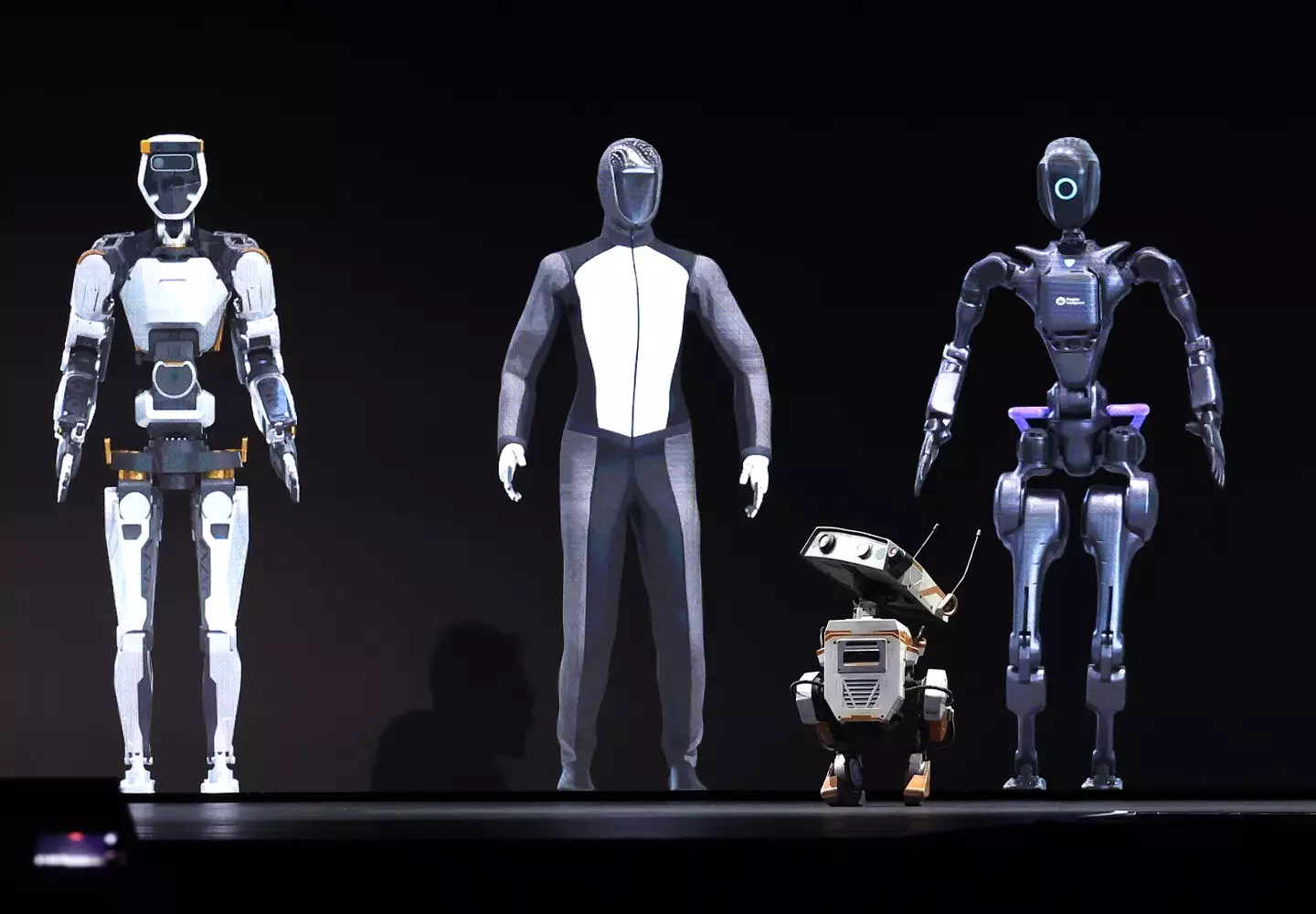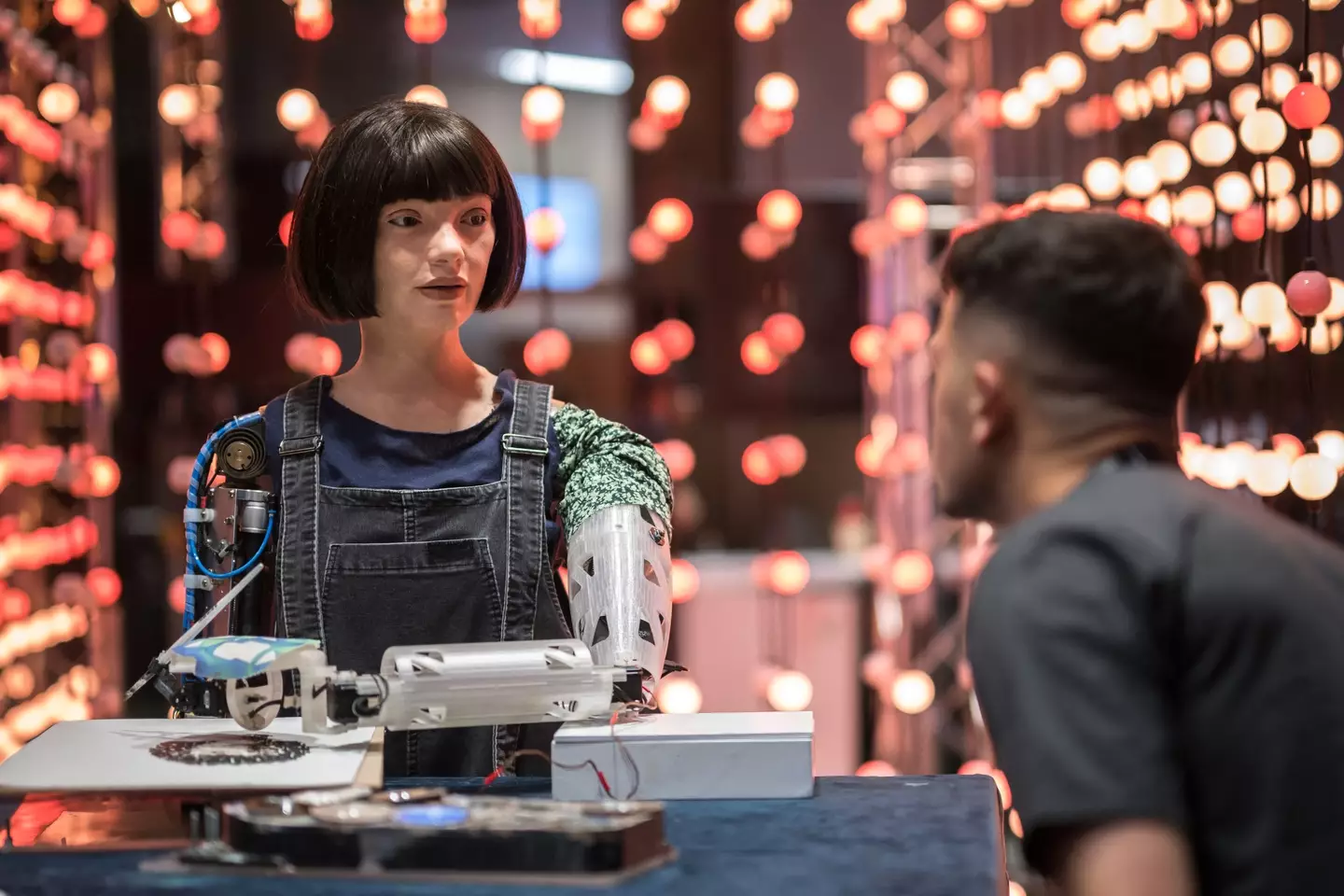
When it comes to predicting the future of technology, it's a tale of two sides. While The Simpsons is famous for 'predicting' the future, the writers have downplayed the idea and simply said that when you've been around for long enough, you're likely to get something right.
Others like Nostradamus and Baba Vanga have made some worrying predictions for 2025, but if we make it through another year, others are looking even further ahead.
Futurist Ray Kurzweil has been making tech predictions since 1963, and having gained quite a following, people are looking at what he's said about the 'future' of the future.
In the 2005 book The Singularity Is Near, Kurzweil claimed that humans will be as smart as humans in 2045. Robotaxis crashing into delivery robots would suggest otherwise, but even in the past few years, we've seen robotics come a long way thanks to a massive growth in artificial intelligence.
Advert

With technology advancing quicker than we can count, Kurzweil has more recently updated his estimate from 2045 to 2029. The idea of robots being more intelligent than humans in just four years feels like it's pushing us into a future where robots will claim the world.
Kurzweil has made some bold predictions about what's on the way, and in 2024, he released The Singularity is Nearer. If you're doubting Kurzwil's abilities, how about the fact he seemingly predicted the iPhone? Kurzweil originally suggested we'd be fully merging ourselves with AI and become immortal cyborgs by 2045.
We've already seen the likes of Facebook push a future run by AI versions of ourselves, so we can't blame Kurzweil for moving up his timeline.
Advert
As reported by Forbes, fellow futurist Langdon Morris said that AI is a 'driving force' in Hello, Future: The World in 2035, although the question of whether it will put us out of work by overtaking humans is still unclear.
Historian Yuval Noah Harari worryingly claims we're at the 'end' of human history. Even though it's not the end of history, the end of 'human' history suggests control will be handed over to non-humans.
Morris adds: "It isn’t just AI that we should be concerned about. During the next ten years, the world will go through numerous massive and highly unsettling shifts that will affect every aspect of society."

Advert
Alongside the global economy being transformed, new tech will be disrupted, the geopolitical situation will worsen with the threat of war, climate change will be another cause for concern, and across the board, people's views will become more polarized.
As for what we can do, Morris asks whether you are ready: "As inhabitants of this modern era, we should think about the unique place to which we have arrived. Now that human activity achieves impact on a global scale, there is great value and significant importance to thinking about the future.
"Human actions are responsible for what happens in and to society, and now to an increasing degree what happens to the Earth. Thus, we understand that today’s choices influence not only what happens to us, but also what happens to Us.”
Either way, we're closer than ever to Kurzweil's singularity future where we'll all live eternally inside some giant machine. Then again, how do we know this isn't some big simulation that we're already living in?